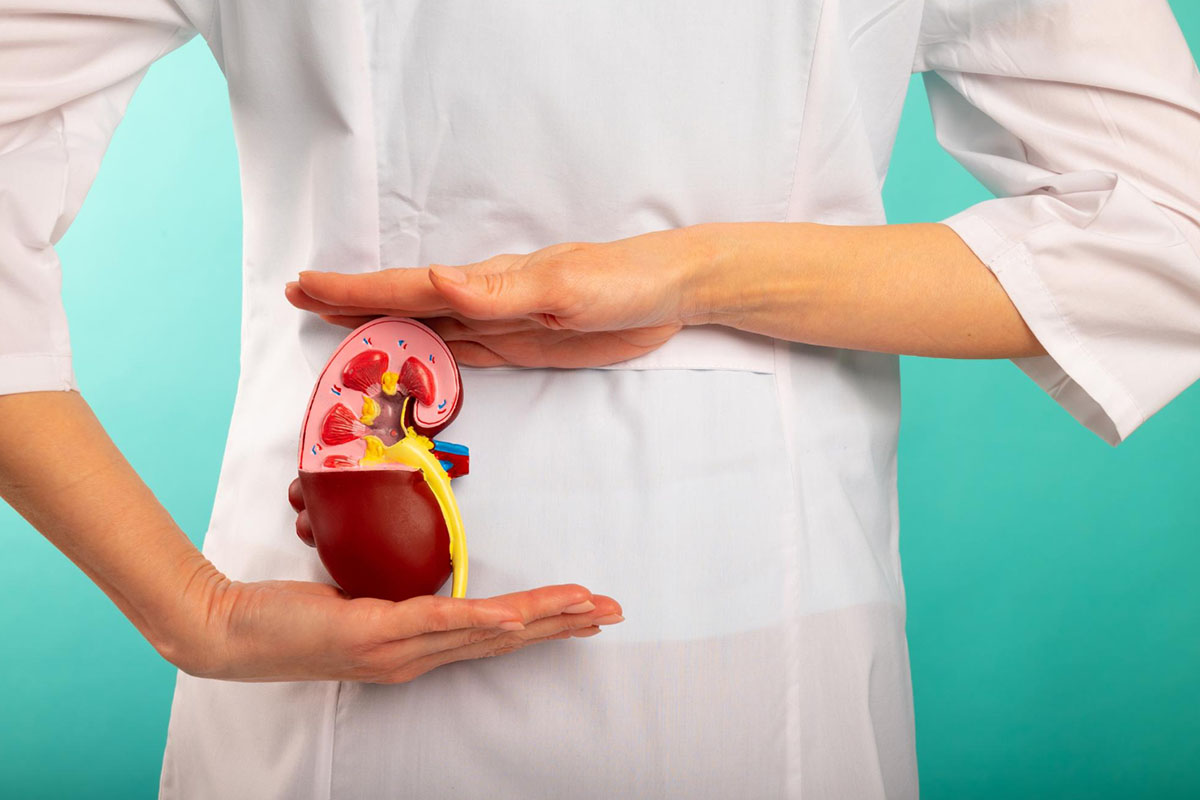Gastric Sleeve
Obesity surgery, particularly the Gastric Sleeve, is a life-changing procedure that requires thorough preparation and careful recovery. Understanding what to expect before and after the surgery can help ensure a successful outcome. This comprehensive guide will delve into the preparation and recovery process for Gastric Sleeve surgery, highlighting key steps and considerations.
Understanding Gastric Sleeve Surgery
The Gastric Sleeve surgery, also known as sleeve gastrectomy, involves removing approximately 80% of the stomach, resulting in a sleeve-shaped stomach that is about the size of a banana. This reduction in stomach size limits food intake and helps patients feel full sooner, promoting significant weight loss. Unlike other types of obesity surgery, the Gastric Sleeve does not involve rerouting the intestines, making it a simpler procedure with fewer complications.

Initial Consultation and Evaluation
The first step in preparing for Gastric Sleeve surgery is an initial consultation with a bariatric surgeon. During this consultation, the surgeon will evaluate your medical history, current health status, and weight loss goals. This evaluation may include blood tests, imaging studies, and other diagnostic procedures to ensure you are a suitable candidate for the surgery. Understanding your specific health needs is crucial for a successful outcome.
Pre-Surgery Diet and Lifestyle Changes
Before undergoing Gastric Sleeve surgery, patients are typically required to follow a pre-surgery diet. This diet helps reduce the size of the liver, making the surgery safer and easier to perform. The pre-surgery diet usually consists of high-protein, low-calorie foods and may last for several weeks. Additionally, patients are encouraged to adopt healthy lifestyle habits, such as regular exercise and smoking cessation, to improve surgical outcomes and recovery.
Preparing Mentally and Emotionally
The decision to undergo obesity surgery is significant and can be emotionally challenging. It is essential to prepare mentally and emotionally for the changes that will follow the Gastric Sleeve surgery. Support from family, friends, and healthcare professionals can be invaluable during this time. Some patients may benefit from counseling or support groups to help manage their expectations and cope with the emotional aspects of weight loss surgery.
The Day of Surgery: What to Expect
On the day of your Gastric Sleeve surgery, you will be admitted to the hospital and prepped for the procedure. This preparation includes administering anesthesia, monitoring vital signs, and ensuring you are comfortable and ready for surgery. The procedure itself typically takes one to two hours and is performed laparoscopically, using small incisions and a camera to guide the surgeon. This minimally invasive approach reduces recovery time and the risk of complications.
Immediate Post-Surgery Care
After the Gastric Sleeve surgery, you will be closely monitored in a recovery area to ensure your vital signs are stable and you are recovering well from the anesthesia. Pain management is an important aspect of post-surgery care, and your medical team will provide medications to help manage any discomfort. You will likely stay in the hospital for one to three days, depending on your recovery progress and any potential complications.
Dietary Progression After Surgery
Recovery from Gastric Sleeve surgery involves a specific dietary progression to allow your stomach to heal properly. Initially, you will consume clear liquids, gradually moving to full liquids, pureed foods, and eventually solid foods over several weeks. Following your surgeon’s dietary guidelines is crucial to avoid complications and ensure optimal healing. Hydration and nutrition are key components of this recovery phase.

Long-Term Lifestyle Changes and Follow-Up Care
Successful recovery from Gastric Sleeve surgery requires long-term lifestyle changes and regular follow-up care. This includes adhering to a balanced, nutrient-rich diet, engaging in regular physical activity, and attending follow-up appointments with your healthcare team. These lifestyle changes are essential for maintaining weight loss and overall health. Regular monitoring helps detect and address any potential issues early.
Conclusion
The Gastric Sleeve surgery offers a powerful tool for achieving significant weight loss and improving overall health. However, thorough preparation and diligent recovery are crucial for success. By understanding the steps involved in preparing for and recovering from Gastric Sleeve surgery, patients can ensure a smoother experience and better long-term outcomes. Support from healthcare professionals, family, and friends plays a vital role in this transformative journey.
FAQ
- What is Gastric Sleeve surgery?
- The Gastric Sleeve surgery involves removing about 80% of the stomach, resulting in a smaller, sleeve-shaped stomach that limits food intake and promotes weight loss.
- Who qualifies for Gastric Sleeve surgery?
- Candidates typically have a BMI of 40 or higher, or 35 or higher with obesity-related health conditions, and have not succeeded with other weight loss methods.
- What should I expect during the initial consultation?
- During the initial consultation, your surgeon will evaluate your medical history, current health status, and weight loss goals through various tests and discussions.
- Why is a pre-surgery diet important?
- A pre-surgery diet helps reduce the size of the liver, making the surgery safer and easier to perform, and prepares your body for the changes to come.
- How do I prepare mentally and emotionally for surgery?
- Preparing mentally and emotionally involves seeking support from family, friends, and healthcare professionals, and may include counseling or support groups.
- What happens on the day of surgery?
- On the day of surgery, you will be admitted to the hospital, prepped for the procedure, and undergo the surgery, which typically takes one to two hours.
- What is the dietary progression after surgery?
- The dietary progression involves starting with clear liquids, moving to full liquids, pureed foods, and eventually solid foods over several weeks.
- How long will I stay in the hospital after surgery?
- The typical hospital stay is one to three days, depending on your recovery progress and any potential complications.
- What long-term lifestyle changes are necessary?
- Long-term lifestyle changes include following a balanced, nutrient-rich diet, engaging in regular physical activity, and attending follow-up appointments.
- How does follow-up care help in recovery?
- Regular follow-up care helps monitor your progress, detect potential issues early, and provide guidance for maintaining weight loss and overall health.












